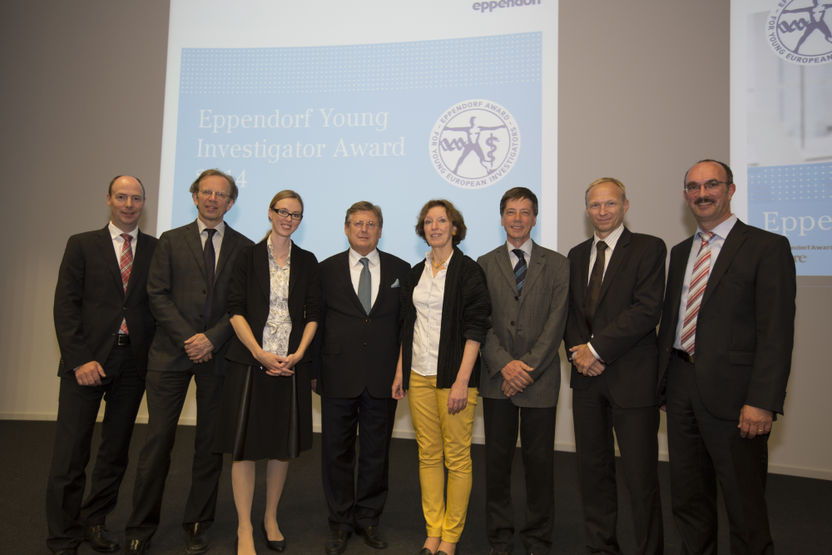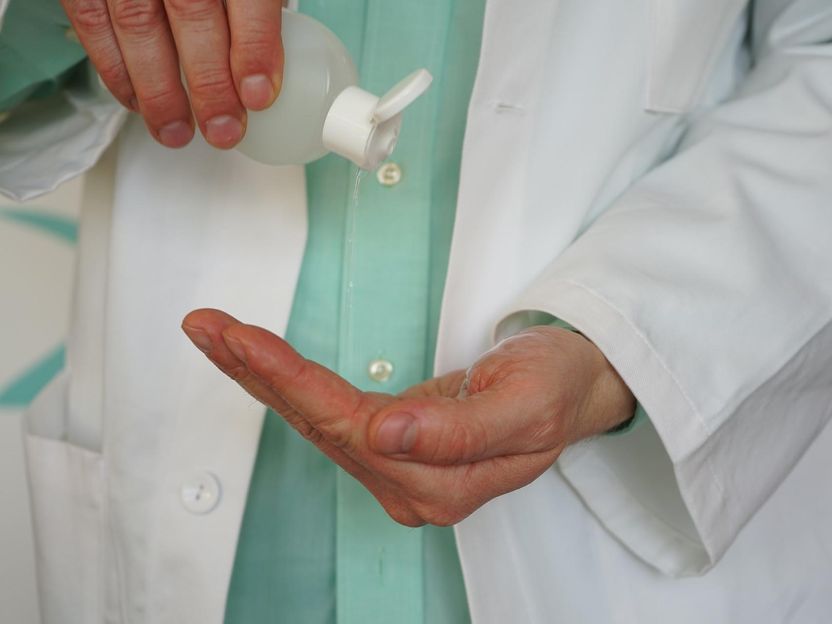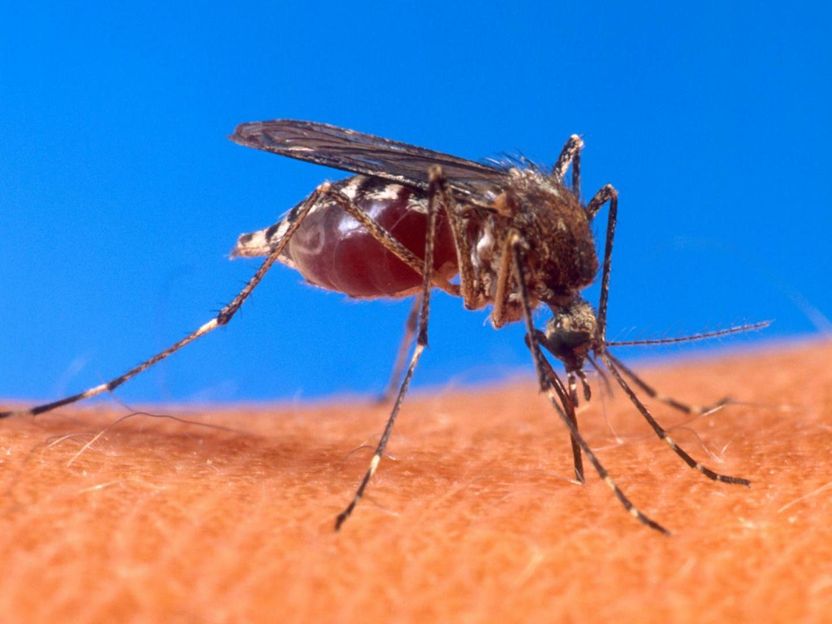Crescendo announces the Crescendo Mouse
Technology generates superior human single domain antibody VH fragments in a transgenic mouse
Crescendo Biologics Limited announces the Crescendo Mouse, an antibody fragment technology which allows the generation of human single domain antibody VH fragments from a transgenic mouse.
VH fragments are antibody-based therapeutic proteins that have applications beyond the scope of full length antibodies. They are the smallest antibody fragments that retain the ability to bind antigens specifically and with highaffinity and, when generated in the Crescendo Mouse, human VH have biophysical properties that make them attractive drug products. VH fragments can be formulated for topical delivery, are amenable to modular engineering of bispecific and multivalent products, have tissue penetration characteristics, and are simple to manufacture in microbial systems.
Key to generation of VH fragments in the mouse is Crescendo’s triple knock out (TKO) background, which is completely devoid of all endogenous immunoglobulin chains, and therefore enables in vivo maturation of human VH single domains uncontaminated by association with any light chains. B cell development within the Crescendo Mouse is driven from a construct introduced into the TKO background that combines human V- D- and J- genes, together with murine constant and regulatory regions, to generate heavy chain only antibodies. The power of the mouse immune system is consequently fully harnessed to drive B cell development and maturation, leading to a repertoire of fully-human VH domains with stability and solubility.
The Crescendo Mouse responds to immunisation with target proteins and in vivo B cell maturation yields diverse human VH domains, from all VH families, which have also undergone somatic hypermutation. Because the antibody response following immunisation is entirely encompassed within the VH domain, Crescendo has been able to develop a integrated discovery process utilising in vitro display to mine and identify VH drug candidates from immunised mice. Purified VH fragments have been shown to bind immunogen with affinity, exhibit thermostability and have expression levels. These data indicate that B cell maturation in the Crescendo Mouse is driving selection and optimisation of matured human VH domains, with all of the properties that make them potent, drug quality antibody-based therapeutics.
Most read news
Other news from the department research and development

Get the life science industry in your inbox
By submitting this form you agree that LUMITOS AG will send you the newsletter(s) selected above by email. Your data will not be passed on to third parties. Your data will be stored and processed in accordance with our data protection regulations. LUMITOS may contact you by email for the purpose of advertising or market and opinion surveys. You can revoke your consent at any time without giving reasons to LUMITOS AG, Ernst-Augustin-Str. 2, 12489 Berlin, Germany or by e-mail at revoke@lumitos.com with effect for the future. In addition, each email contains a link to unsubscribe from the corresponding newsletter.
Most read news
More news from our other portals
See the theme worlds for related content
Topic world Antibodies
Antibodies are specialized molecules of our immune system that can specifically recognize and neutralize pathogens or foreign substances. Antibody research in biotech and pharma has recognized this natural defense potential and is working intensively to make it therapeutically useful. From monoclonal antibodies used against cancer or autoimmune diseases to antibody-drug conjugates that specifically transport drugs to disease cells - the possibilities are enormous

Topic world Antibodies
Antibodies are specialized molecules of our immune system that can specifically recognize and neutralize pathogens or foreign substances. Antibody research in biotech and pharma has recognized this natural defense potential and is working intensively to make it therapeutically useful. From monoclonal antibodies used against cancer or autoimmune diseases to antibody-drug conjugates that specifically transport drugs to disease cells - the possibilities are enormous
Last viewed contents

This year’s research prize awarded by Eppendorf goes to Austria - Presentation of the 2014 Eppendorf Award for Young European Investigator to Madeline Lancaster
Phase III development of Antisoma's ASA404 in lung cancer extended to Japan
Transgene Receives FDA Fast Track Status for TG4010 for Treatment of Non-Small Cell Lung Cancer

A synthetic antibiotic may help turn the tide against drug-resistant pathogens - "This isn't just a cool new molecule, it's a validation of a novel approach to drug discovery"

Dräger AG Invests in Digital Health Startup GWA Hygiene - Digital hygiene solutions for hospitals
List_of_potato_diseases

Genetic Engineering without Unwanted Side-Effects Helps Fight Parasites - A live vaccine for toxoplasmosis

Going viral: Insights on Zika
Cell Biosciences Signs Agreement to Acquire Alpha Innotech
Findings on pollution damage to human airways could yield new therapies






















































